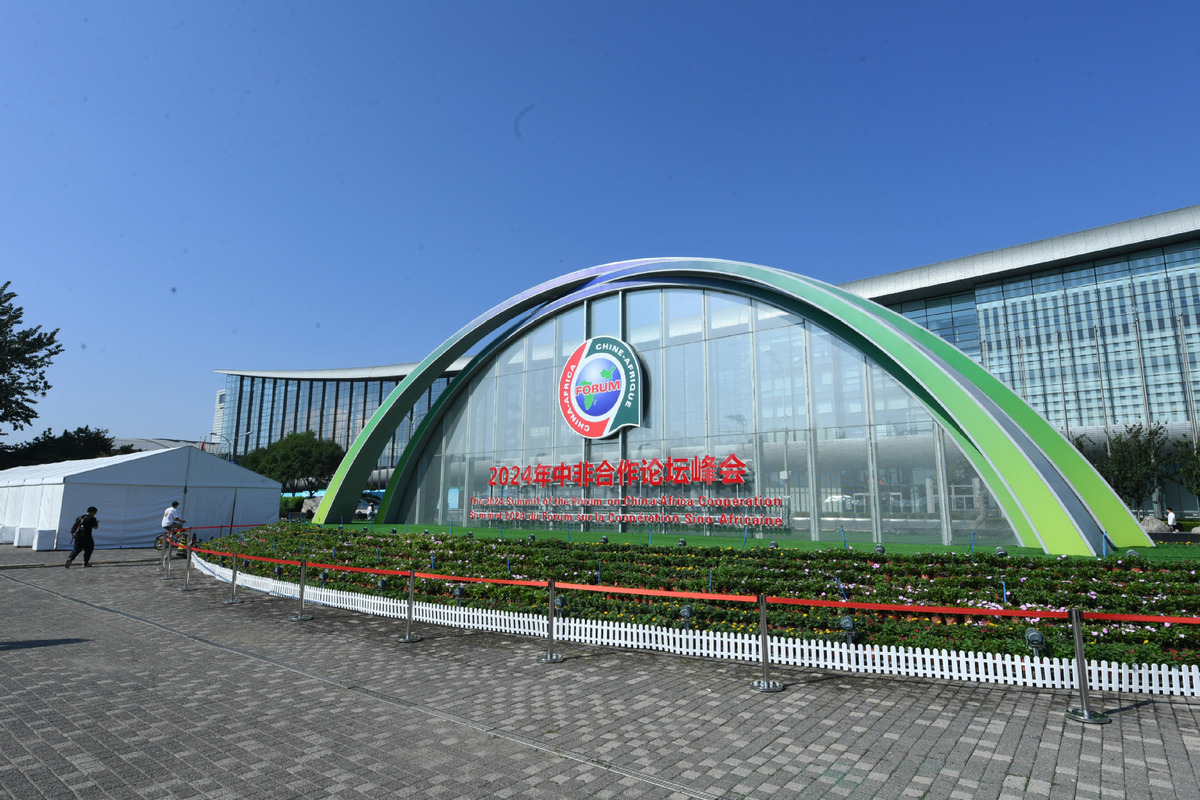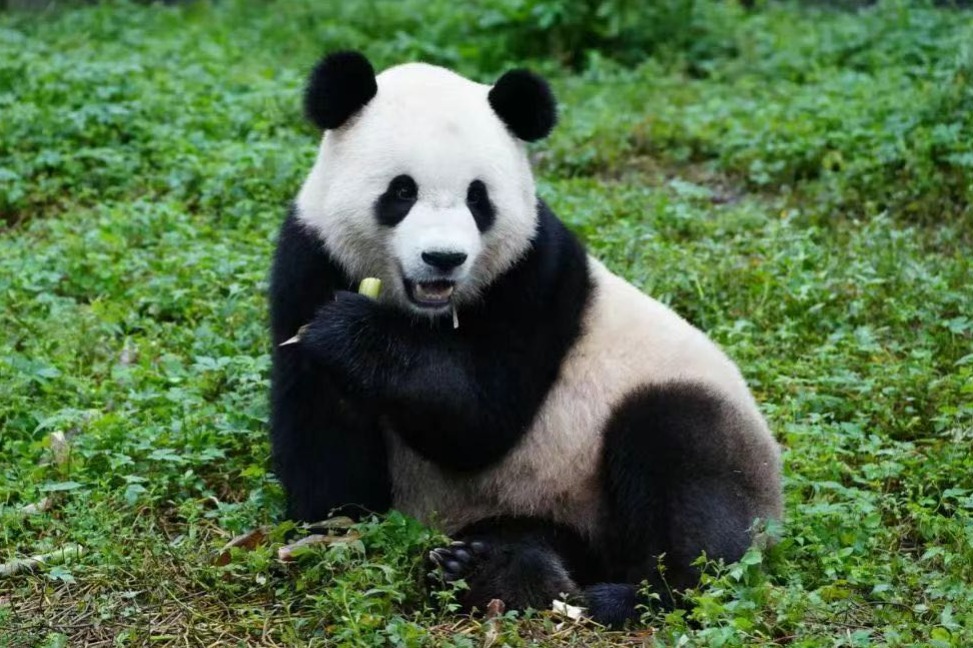FOCAC sees private sector as important aspect


The private sector, including people-to-people exchange, has become an increasingly important part of the Forum on China–Africa Cooperation over the past 24 years since its establishment, injecting new impetus into China-Africa relations, according to experts.
"FOCAC is maturing and evolving, what started as a state-to-state engagement is now decentralized to include non-state actors," said Philani Mthembu, executive director at the Institute for Global Dialogue, a think tank affiliated with the University of South Africa.
"We are seeing some increase in the Chinese private sector, not only in the foreign direct investment, but also making financing commitments towards Africa. We are seeing small and medium enterprises from Africa looking to have access to funding their enterprises from China. We are seeing an evolution of the relationship which started at a state-to-state level."
Mthembu made the remarks in an interview with China Daily at a seminar organized by institutions such as the Institute for Global Dialogue, the Chinese embassy in South Africa and the University of Johannesburg on Thursday.
He pointed out that FOCAC since founded in 2000, has evolved and spread to the people to people relations, universities, think tanks, civil society and academics. Many students from different African countries have got scholarships from the Chinese government to study in China with many infrastructural projects having been completed by Chinese companies in Africa. The Chinese enterprises have constructed or refurbished parliaments in countries such as Liberia, Mozambique, Seychelles, Guinea and Zimbabwe, and the African Union.
Mthembu stated that in the past there were "headline projects" like big infrastructural projects linking African countries which were announced at FOCAC summits, but now Africans are witnessing projects linking rural and urban areas. There are now investments in small infrastructural projects including energy projects in rural areas, Mthembu said.
He also said that China's financial assistance is consistent. China pledged $50 billion in financial support to Africa over the next three years during the FOCAC summit that was held between Sept 4 and 6 in Beijing.
He pointed out that there have been attempts from Africa and China to align the priorities of Africa's Agenda 2063, FOCAC and Belt and Road Initiative and ensure there is coherence. In the future Sino-Africa cooperation should cooperate on digital areas which include digital governance, transformation and space, said Mthembu.
While speaking at seminar on Thursday, Wu Peng, Chinese ambassador to South Africa said the summit was successful with "pragmatic" outcomes. He said China will expand vocational training for African countries in various skills to create jobs. China will continue to build industrial parks and help with Africa's industrialization for sustainable development of Africa, said Peng.
Mandira Bagwandeen, lecturer at Stellenbosch University, in South Africa, said the deals signed with South Africa will benefit the country and financial commitment will assist with infrastructural development in the continent.
She said, "The elevation of relations with China to strategic relations demonstrates how far China values the region in geopolitics. FOCAC has evolved as relations evolved."
Bagwandeen said Africa should consider cooperating with China on the next-generation technologies which will have a huge impact on the development of African countries. She said African countries should leverage China's expertise in artificial intelligence, big data, and digital industrialization.
Speaking to the media on Friday in Pretoria, Khumbudzo Ntshavheni, South African minister in the Presidency said the Cabinet has noted the FOCAC decisions and the outcomes of the state visit by Ramaphosa to China during the FOCAC summit earlier this month.
She said the two countries reached cooperation agreements in a wide range of areas, including trade, digitalization, logistics, electric vehicles and renewable energy.
The writer is a freelancer journalist for China Daily.

































